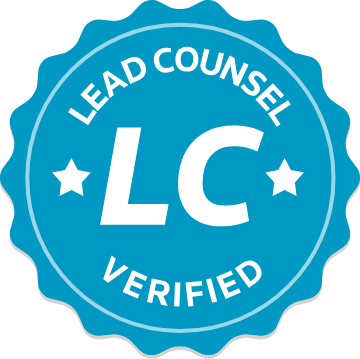The Experienced and Qualified San Diego Community Property Attorneys
In California, property and assets that are acquired during the marriage are the joint and equal property of both spouses. There are a few notable exceptions, including gifts and inheritances. In order for property to be divided, it must first be inventoried and categorized. What are the differences between community property and separate property?
- Community property – assets that are acquired and income that is earned by a spouse during the marriage
- Separate property – any property acquired by a spouse prior to the marriage, as well as inheritances and gifts acquired during the marriage, as well as all property acquired after the parties separate or divorce
With a general understanding of community property, and its relation to separate property, see more information regarding both below.
Community Property Defined by Family Code Section 760-761
According to California Family Code Section 760:
- “Except as otherwise provided by statute, all property, real or personal, wherever situated, acquired by a married person during the marriage while domiciled in this state is community property.”
It is important to note that the property must be acquired while domiciled in the state, because issue can be taken if property was acquired while domiciled in another state. For example, if the couple moved outside of California at any time during their marriage for a period of time that altered their state of domicile, property acquired during that time may be subject to the laws of the state of domicile, not California.
Transmuting Property During the Marriage
California law specifically allows a spouse to transmute the characterization of property during the marriage. This is known as transmutation, which essentially means to change something from one form to another. Within this context, property may be transmuted:
- From community to separate
- From separate to community
- From separate of one spouse to separate of another spouse
In order for the transmutation of real or personal property to be valid, it must be reduced to writing in an express declaration that is made by and consented to the spouse whose interest in the property is adversely affected. It is essential for the parties to produce the proper documentation to accurately classify and categorize property. (Family Code Section 852). Still confused? Don’t be. At Neumann Family Law, APC, our team of knowledgeable and experienced community property attorneys have more than 100 combined years of experience, and no matter the question, no matter the request, our team can accommodate. We guide you through every step of the process—from beginning, to end, and beyond.
Community Property Can Be Personal or Real, as Well as Both Community and Separate
Generally speaking, there are two overarching concepts to keep in mind regarding community property. These two categories are defined below:
- Community property applies to both personal and real property
- It is possible for property to be both community and separate property, in other words, community property is not a mutually exclusive designation
For property to be considered both community and separate, it could have been acquired prior to the marriage, and therefore separate property. However, if “marital effort” was “expended,” for example, in the case of common project, then it can be both community and personal. The amount of community property and personal property interest will be determined via a mathematical calculation. Looking for more information regarding how the amount of community property—whether community, separate, or both—call us at (619) 282-1107 to speak with a real San Diego community property lawyer.
Testimonial:
- “Sara Neumann handled my case . . .[h]er knowledge of family law and her negotiations with the opposing party were clear and effective. My divorce was ugly, to say the least, and the end result with child custody and the financial settlement was more than reasonable under the circumstances . . . I have referred several friends to Ms. Neumann, all of whom have been pleased with her service.” M. H. San Diego
Complimentary Appointment with Family Law Attorneys Neumann Family Law, APC:
It is essential to determine whether property is community or separate if an accurate distribution is to be made during dissolution of marriage. The San Diego divorce lawyers at Neumann Family Law, APC have experience in all divorce matters, including property characterization and division. We are aggressive and proactive family law attorneys who help our clients as they go through a most challenging and often emotionally devastating time.
We will always seek to negotiate in an amicable manner; however, we will not hesitate to take the case to court when the need presents itself. To schedule a complimentary phone consultation, call The Family Law Attorneys at Neumann Family Law, APC at (619) 282-1107 or (760) 480-8400.



























